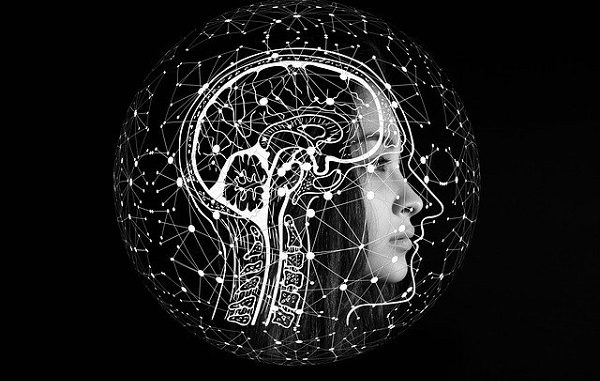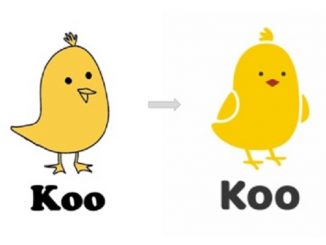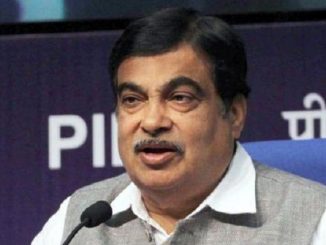
Oct 07: The third day of RAISE 2020- ‘Responsible AI for Social Empowerment 2020’ssummit witnessed discussion on a wide range of themes like skilling to create an AI-ready workforce, the opportunities and challenges associated with harnessing AI for economic growth, the way to take AI-based solutions to market and the application of AI in building high fidelity infrastructure for the agriculture and healthcare sectors, among others.
Ms. Laura Longcore, VP, Worldwide Learning Field, Microsoft stressed upon the need to invest in skilling the workforce to become AI-ready.
“In the post-COVID-world, we are seeing a desire and a need for digital transformation across sectors. AI would play a big role in this digital transformation, as people and organizations look to do more for less, and drive cost optimization. An AI-ready workforce would be critical to the success of this digital transformation movement,” she said.
Ms. Kirti Seth, Lead – Future Skills, NASSCOM, andMs. Shweta Khurana, Director – APJ – Global Partnerships & Initiatives Group also addressed the session. This session was followed by a talk by Mr. Sandeep Alur, Director, Microsoft Technology Center, on the impact of AI on society.
Mr. Sandip Patel, MD, IBM India and South Asia delivered a keynote address on harnessing AI for growth. He elaborated on the need to build the right ecosystem to foster data management, the innovation support required for AI to grow, and the deployment of AI at scale to deliver wide-ranging impact.
“Exponential technology platforms powered by AI and cloud have now become the basis for competitive advantage as organizations across the world look for models that are agile, cost efficient and built on a foundation of trust. AI is a critical building block for the future of our nation and our society, as well as for helping enhance profits with purpose,” said Mr. Patel.
Over 100 experts from across the world spoke in 15 sessions on the third day of RAISE 2020. The summit also featured a showcase byMinistry of Electronics & IT of the initiatives that it has taken to nurture innovation in AI and incubate startups.
Dr. Omkar Rai, DG, Software Technology Parks of India (STPI) detailed the progress that India is making in skilling its workforce in AI. STPI has set up eight AI-centric centers of excellence to enable learning of its varied applications. “India aspires to become a USD 1 trillion economy and we strongly believe that AI will play a major role in enabling this. STPI is taking important steps in the direction of transforming India from a software services destination to a software products destination,” he said.
Mr. Abhishek Singh, CEO, MyGov, President & CEO, NeGD, and MD & CEO, Digital India Corporation said that AI and emerging technologies have the potential to become a growth amplifier in India and across the world, and that with its trained manpower, institutes of educational excellence and an enabling regulatory framework, India is working towards becoming a global hub practicing responsible AI.
“Research into AI happens in silos. We have an approach to help create interconnections so researchers can benefit from each other’s work and build upon existing research. To this end, the government has developed a national portal for AI which is collating all ongoing research in AI. We also realize the criticality of having an AI-ready workforce. MeitY therefore plans to train 400,000 youth on AI, to create a base of AI-trained professionals,” Mr. Singh said.
According to independent studies, AI has the potential to raise India’s annual growth rate by 1.3% and add USD 957 billion to the country’s economy by 2035.At a global level, AI is expected to unlock USD 15.7 trillion in productivity by 2030.
Later in the day, Professor Vijay Raghavan, Principal Scientific Adviser to Government of India made a keynote address on the go-to-market strategy for core AI research and devising solutions from it that are easy to adopt and implement. He underlined that AI must function in consonance with human decision-making. “In AI, reasoned action requires combining parameters and therefore, human decision-making must be an integral part of the process.The principal purpose of AI has to be social good and democratization of technology.”Dr. Sriram Rajamani, MD, Microsoft Research India, Professor Narendra Ahuja, Research Professor, UIUC, USA, and Dr. Gautam Shroff, Chief Scientist, TCS also shared their views on the theme.
This session was followed by a discussion on building AI-powered future-ready agricultural supply chains. In a keynote address on this theme, Dr. P. Anandan, CEO, Wadhwani Institute for AI stressed the significance of AI in the agricultural value chain. He was of the view that there is a colossal opportunity for AI in agriculture in India, and that AI has the potential to help the country experience productivity gains across multiple processes.
“AI can prove to be catalytic in doubling farmers’ incomes by 2022. The use of AI-backed advanced analytical applications, pest control and water management tools, along with improved supply chain and market access has the potential to revamp Indian agriculture,” said Dr. Anandan.
A parallel session on innovation in healthcare through AI witnessed the participation of Mr. Anil Bhansali, VP, Engineering and Head of India Development Center, Google Cloud, Professor Chiranjib Bhattacharyya, Department of Computer Science and Automation, Indian Institute of Science, Bengaluru and Rahul Matthan, Partner, Trilegal.
In a session on the role of AI in education, Vishal Sikka, renowned AI and tech expert said education is also starting to feel the positive change from AI, and that AI has a lot to offer in terms of increasing learning efficiency. He referenced hyper personalized learning solutions and smart content as contributions of AI to modern education.
Subsequent sessions were addressed by stalwarts like Ms. Lan Guan, Global MD for Applied Intelligence, Accenture, Dr. Anand S. Rao, Global AI Lead at PwC, Dr. Santanu Bhattacharya, Chief Data Scientist, Airtel, Mr. David Kenny, CEO and CDO, Nielsen, and Dr. Xuedong Huang, Technical Fellow and CTO, AI Cognitive Services, Microsoft USA.
RAISE 2020 is being organized between October 5 and 9. So far, more than 75,000 stakeholders from academia, the research industry and government representatives from 145 countries have registered to participate in the summit.
India is rapidly integrating artificial intelligence in all walks of life. India’s technological prowess and the richness of its data will help the country become the AI garage of the world, delivering cutting-edge technological solutions. The RAISE 2020 Summit (http://raise2020.indiaai.gov.in/) serves as a platform for discussion and consensus building to help create a data-rich environment, which will help develop AI for the global community.
About RAISE 2020:
RAISE 2020 is a first-of-its-kind, global meeting of minds on Artificial Intelligence to drive India’s vision and roadmap for social transformation, inclusion and empowerment through responsible AI. Organized by Government of India along with Ministry of Electronics and Information Technology and NITI Aayog, the event will witness robust participation from global industry leaders, key opinion makers, Government representatives and academia.
Disclaimer: We donot claim that the images used as part of the news published are always owned by us. From time to time, we use images sourced as part of news or any related images or representations. Kindly take a look at our image usage policy on how we select the image that are used as part of the news.


